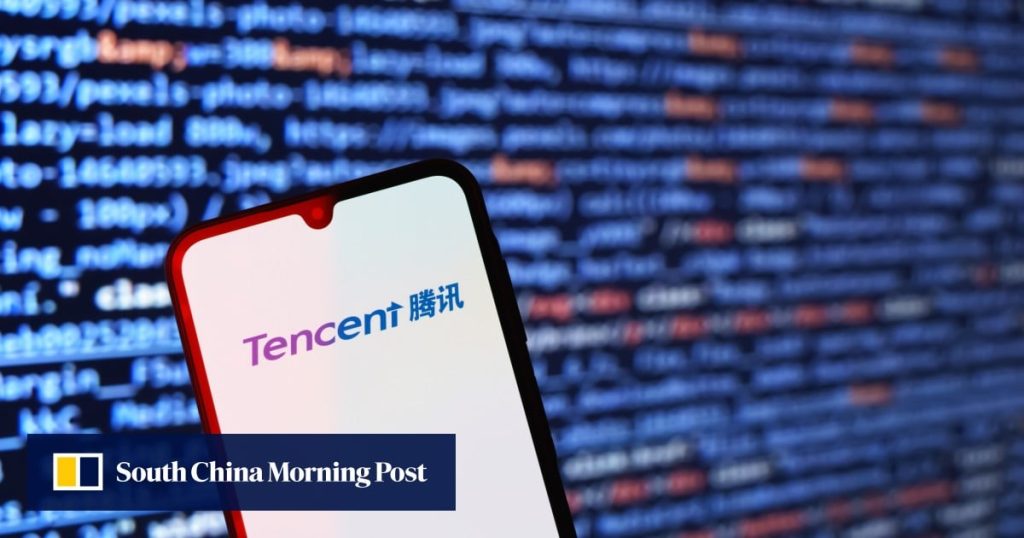“AI capabilities already contributed tangibly to businesses, such as performance advertising and evergreen games,” Ma said. “We expect these strategic AI investments to create value for users and society, and generate substantial incremental returns for us over the longer term.”
On Thursday, Tencent’s cloud computing unit said in a social media post that using a large language model (LLM) – the technology underpinning generative AI services like ChatGPT – has helped build smarter non-player characters (NPCs) for BUD, a user-generated open metaverse game and 3D interactive platform from Shenzhen-based studio Point One.
Powered by Tencent’s Hunyuan AI model, NPCs in BUD do not stick to a fixed narrative. These characters can be programmed to quarrel with each other and react to players’ actions, the post said.
A similar collaboration was announced last month between Tencent Cloud and Giant Network Group, creator of social deduction game Space Party. The game had about 7 million AI-generated characters with “independent logic chains” powered by Tencent’s fast-reasoning AI model, Hunyuan Turbo S.


